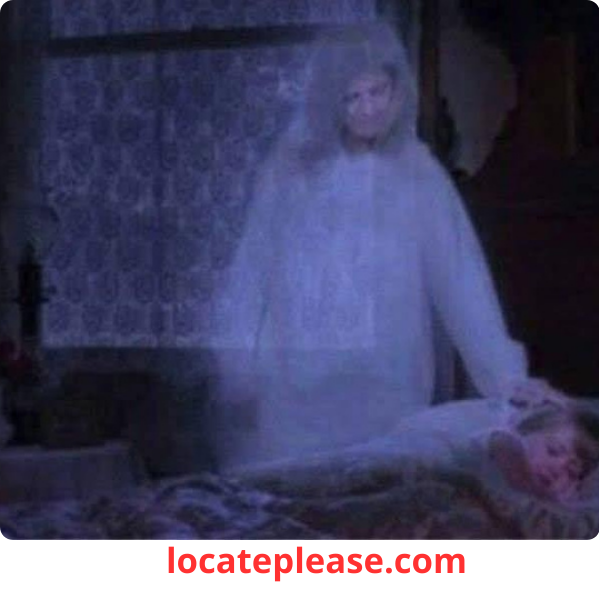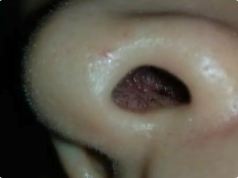Dreams have long fascinated humanity — mysterious, emotional, and often vivid, they blur the line between the mind and the unknown.
And among the most powerful and haunting of all dreams is one in which a loved one who has passed away appears — speaking, smiling, or simply standing there, as real as memory.
You wake with a racing heart.
Tears. A sense of peace. Or confusion.
Was that really them? Did they come to visit me? Or was it just my mind playing tricks?
You’re not alone.
Dreaming of the deceased is incredibly common, especially during times of grief, transition, or emotional upheaval. But what does it mean?
Is it a message from beyond?
A trick of the brain?
Or something deeper — a bridge between the conscious and the soul?
Let’s explore what science, psychology, and spiritual traditions say about these profound dreams.
Why Do We Dream of the Dead?
While dreams are still not fully understood, experts agree they serve important psychological and neurological functions.
During sleep — especially REM (Rapid Eye Movement) sleep — the brain processes emotions, memories, and unresolved thoughts.
When someone you love dies, their absence creates a psychological and emotional void.
Dreams become a space where your mind can reconnect, reconcile, and heal.
As Dr. Rubin Naiman, a clinical psychologist and sleep specialist, explains:
“Dream interpretation is about decoding the dream. It enlightens us and expands our awareness — offering an expansion of consciousness.”
So while some neuroscientists see dreams as mere “neural noise” — the brain “kicking up dust” — others, like Naiman, believe dreams are as real and meaningful as waking life, especially in cultures that honor dreaming as a spiritual journey.
Four Common Types of Dreams About the Deceased
Dream analysts and psychologists have identified four recurring themes in dreams about the dead. Understanding them can help you interpret your own experience.
1. The Grief Processing Dream
“I saw Mom sitting at the kitchen table, just like she used to.”
These dreams occur during early or ongoing grief.
Your brain is trying to accept the reality of the loss.
The loved one may appear silent, distant, or even unaware they’ve passed.
✅ Meaning: Your mind is working through sorrow, memory, and separation.
It’s part of healing.
2. The Unfinished Business Dream
“Dad looked sad and said, ‘I’m sorry.’ I woke up crying.”
If you had unresolved issues, guilt, or things left unsaid, your subconscious may replay them in dreams.
You might:
- Apologize
- Ask for forgiveness
- Wish for one more conversation
✅ Meaning: Your psyche is seeking closure.
These dreams can be painful — but they’re often healing.
3. The Mirror Dream
“I saw my brother… but I was acting just like him.”
According to dream analyst Lauri Loewenberg, dreaming of a deceased person can be a mirror.
If you’re adopting their habits, emotions, or even flaws (like anger, addiction, or self-sabotage), your mind may show you their image as a warning or reflection.
✅ Meaning: “Are you becoming like them?”
It’s not about the person — it’s about you and your choices.
4. The Visitation Dream
“Grandma hugged me, looked healthy, and said, ‘I’m okay. Don’t cry.’ I woke up feeling peaceful.”
These dreams feel different — more vivid, more real than ordinary dreams.
The deceased appears healthy, happy, and at peace — often delivering a message of comfort.
Many cultures believe these are genuine visitations — the soul reaching through the veil.
✅ Meaning: Whether symbolic or spiritual, these dreams often bring comfort, closure, and reassurance.
They help the living let go.
What Experts Say: Science vs. Spirituality
There’s a spectrum of belief about dreams of the dead:
🔹 Neuroscience View:
Dreams are the brain’s way of organizing memories and emotions.
Seeing a deceased loved one is the mind replaying neural patterns tied to that person — especially during stress or change.
🔹 Psychological View:
Dreams help us process grief, identity, and life transitions.
Dreaming of the dead often coincides with major changes — a new job, a move, a relationship — as your mind seeks guidance or stability.
🔹 Spiritual/Cultural View:
In many traditions — from Indigenous Australian Dreamtime to Mexican Día de los Muertos — dreams are sacred.
The dead are believed to communicate, guide, and protect the living through dreams.
As Naiman says:
“In dream cultures, dreaming is intrinsic to our spiritual existence.”
How the Dream Makes You Feel Matters Most
More than the content, your emotional response to the dream is the most telling clue.
- Felt comforted? → Likely a healing or visitation dream
- Felt guilt or sadness? → May reflect unresolved grief
- Felt fear or confusion? → Could be your mind processing fear of death or loss
- Felt peace or love? → Often a sign of acceptance and connection
Even if it was just your brain, the emotional truth is real.
Final Thoughts: A Message, a Memory, or a Meeting of Souls?
Whether you believe dreams are biological, psychological, or spiritual, one thing is clear:
Dreaming of someone who has passed away is deeply human.
It’s a testament to love that outlives the body.
To bonds that time and death cannot erase.
So if your mother, father, child, or friend visits you in a dream…
Don’t dismiss it.
Hold the feeling.
Honor the memory.
Listen to your heart.
Because sometimes, the most powerful messages aren’t spoken —
They come in silence, in sleep, in a dream.
The dead never leave us. They just change how they stay.






